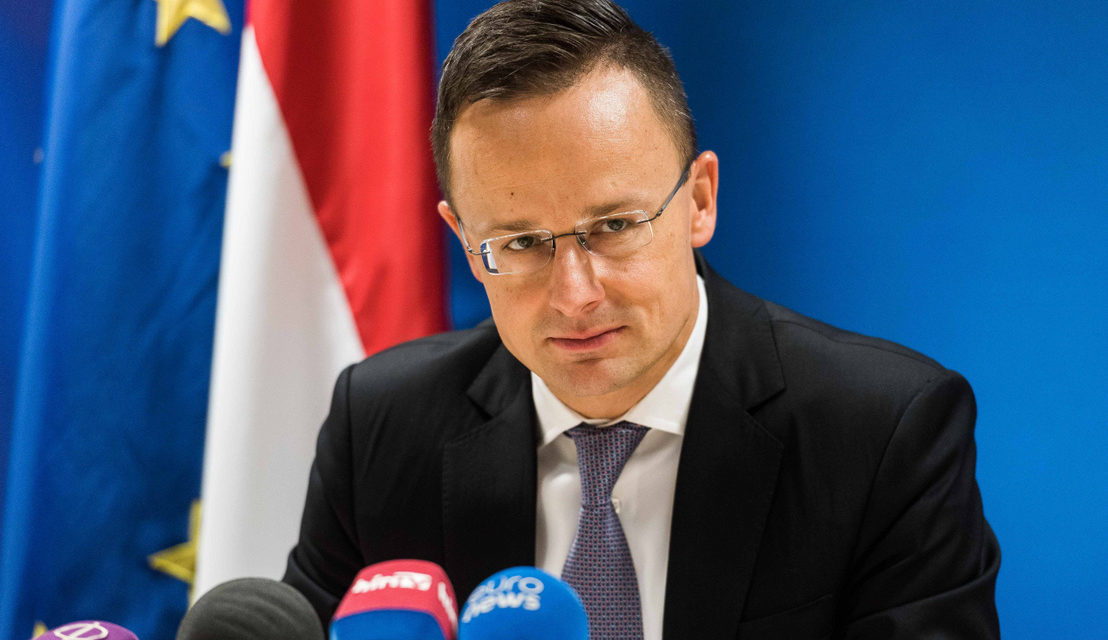The epidemic and migration form a vicious circle with each other, as the more places the epidemic appears, the more people leave, and the more people leave, the greater the risk of further spread of the epidemic, stated the Minister of Foreign Affairs and Trade in Luxembourg on Monday. at the one-day meeting of the ministers responsible for foreign affairs of the European Union member states.
Péter Szijjártó, speaking to Hungarian journalists during the break of the meeting, emphasized: it is clear that the world is on the brink of new waves of migration, since all the processes that were the root cause of the waves of migration in the past period have continued to intensify.
"We have only one task: to protect our own citizens from the dangers of newly emerging waves of migration, and we must seize all existing means to stop the migration processes"
- said the Minister of Foreign Affairs and Trade.
He emphasized that the economic effects of the pandemic contribute to the strengthening of migration. The armed conflicts occurring in many directions are not in the direction of a solution, and another wave of migration can be expected due to the terrorist threat arising from NATO's withdrawal from Afghanistan and Brussels' pro-migration policy, he said.
"It is clear that nothing is enough for Brussels to make the bureaucrats realize that migration entails serious risks"
he said.
As an example, the minister mentioned that the variant of the coronavirus called Delta, linked to India, was detected in many cases of illegal immigrants who arrived in Italy.
He said that it is an urgent task to convince Brussels to forget the pro-migration policy, and to ensure that the withdrawal of NATO troops in Afghanistan does not lead to a deterioration of the country's security situation, which would lead to new waves of migration. He informed that, according to intelligence information, the withdrawal of international troops will create security risks in Afghanistan, as a result of which even hundreds of thousands or millions may feel the need to leave. Therefore, Hungary believes that, considering the routes from Afghanistan to Europe, the most urgent task is to create a new and strong agreement with Turkey to stop potential migration waves.
On the subject of migration, Péter Szijjártó also announced that the European Union is preparing to conclude a migration agreement with 79 African, Caribbean and Pacific states. In this context, he stated: Hungary has made it clear that "it will not give its name to any agreement" that puts new migration pressure on the European Union. Hungary can only support the conclusion of the agreement if it is not about migration, but trade and economic cooperation, he underlined.
"We can only guarantee the personal safety of all citizens of Hungary if we protect them physically," he said.
Everything must be done to ensure that the migration threat stops as far as possible from the Hungarian border, he said. However, if migration does reach the Hungarian border, it must be ensured that it stops there. Hungary is prepared for this and will not allow any illegal migrants to enter, because in addition to the economic and cultural risk, it also entails a significant health risk - added Péter Szijjártó.
MTI
MTI Photo: Mátyás Borsos













